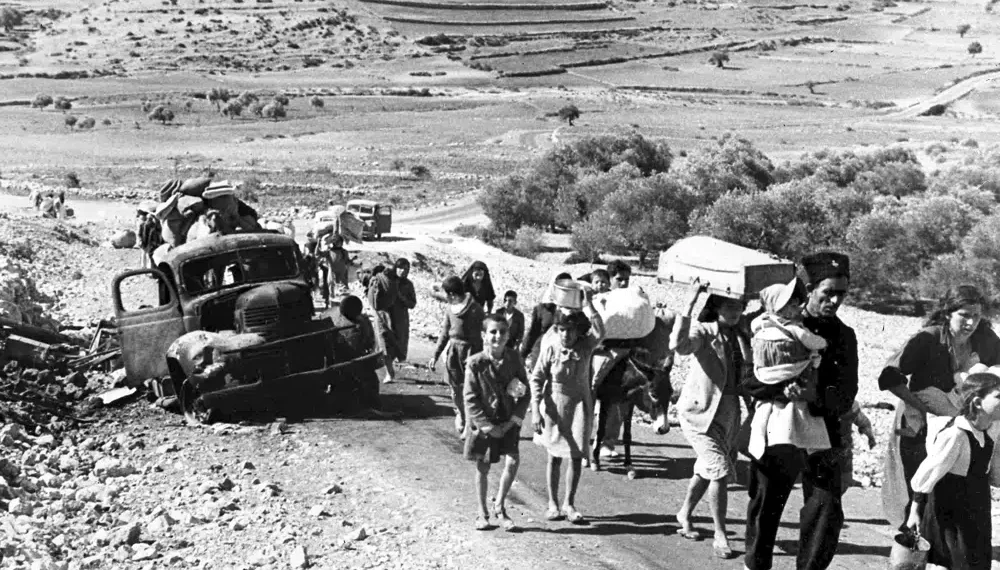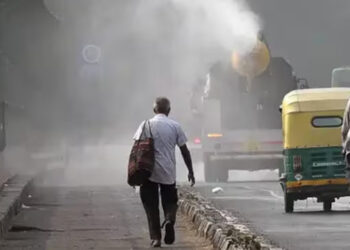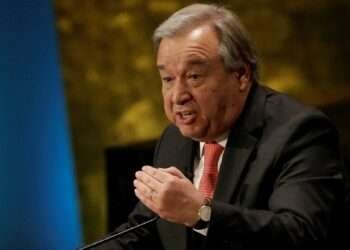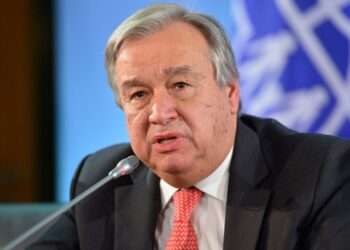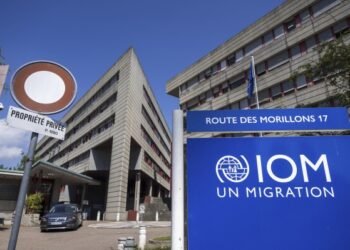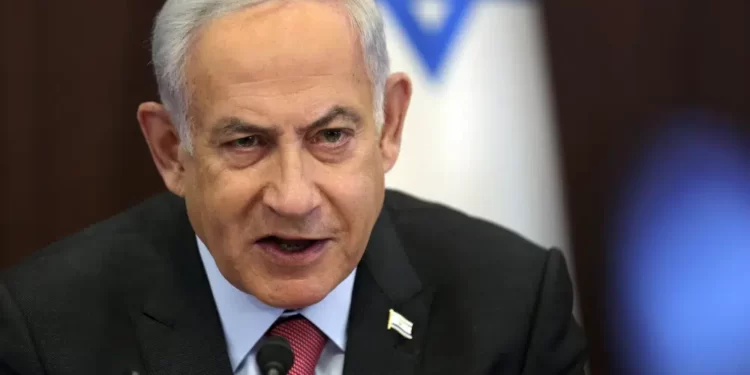The United Nations would formally recognize the emigration of hundreds of thousands of Palestinians from Israel, 75 years after the “Nakba”. This is an action that resulted to the division of British-ruled Palestine into separate Jewish and Arab governments. It was supervised by the United Nations.
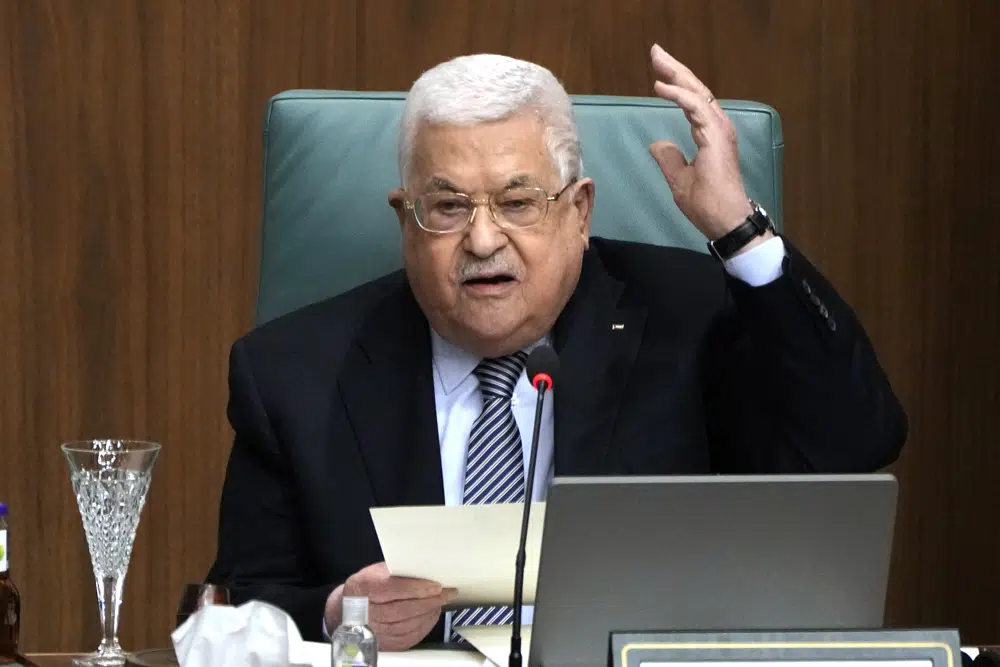
Palestinian President Mahmoud Abbas would be at the United Nations Headquarters to commemorate what Palestinians referred as “Nakba,” or “catastrophe.” The Palestinian U.N. representative, Riyad Mansour, described the celebration as “historic” and noteworthy because the UN General Assembly played an important role in the division of Palestine.
“It’s acknowledging the responsibility of the U.N. of not being able to resolve this catastrophe for the Palestinian people for 75 years,” Mansour told a group of U.N. reporters. He said “the catastrophe to the Palestinian people is still ongoing.”
However, it is a known fact that, Palestinians are still battling Israel, with regards to the West Bank of Jerusalem, which Israel has occupied. They do not have the liberty to go back to their homes, as stated in the December 1948, General Assembly resolution.
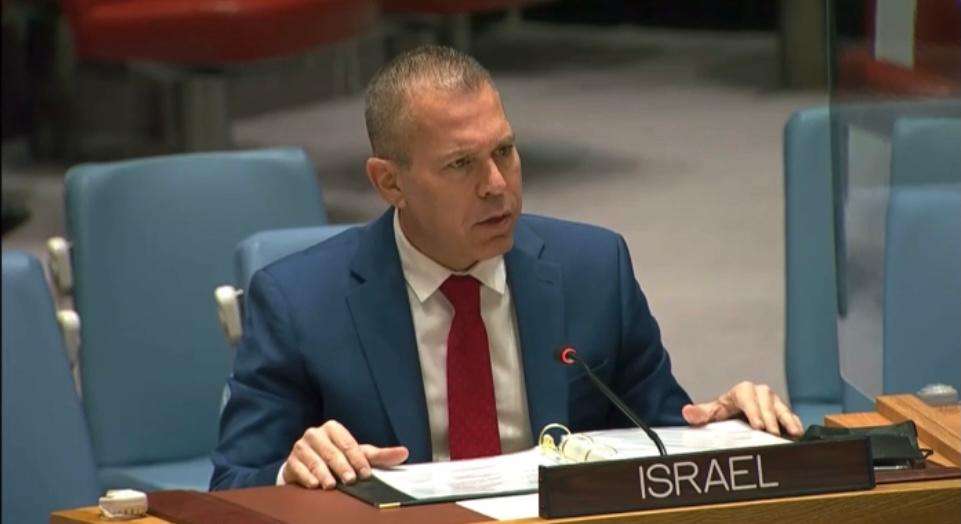
Gilad Erdan, the Israeli Ambassador to UN, slammed the decision to commemorate the Palestinians exodus from Israel in 1948. Gilad described it as an “abominable event” and a “blatant attempt to distort history.” Gilad also said, those who plans to attend the event, will be acknowledging antisemitism, and also paving way for Palestinians “to continue exploiting international organs to promote their libelous narrative.”
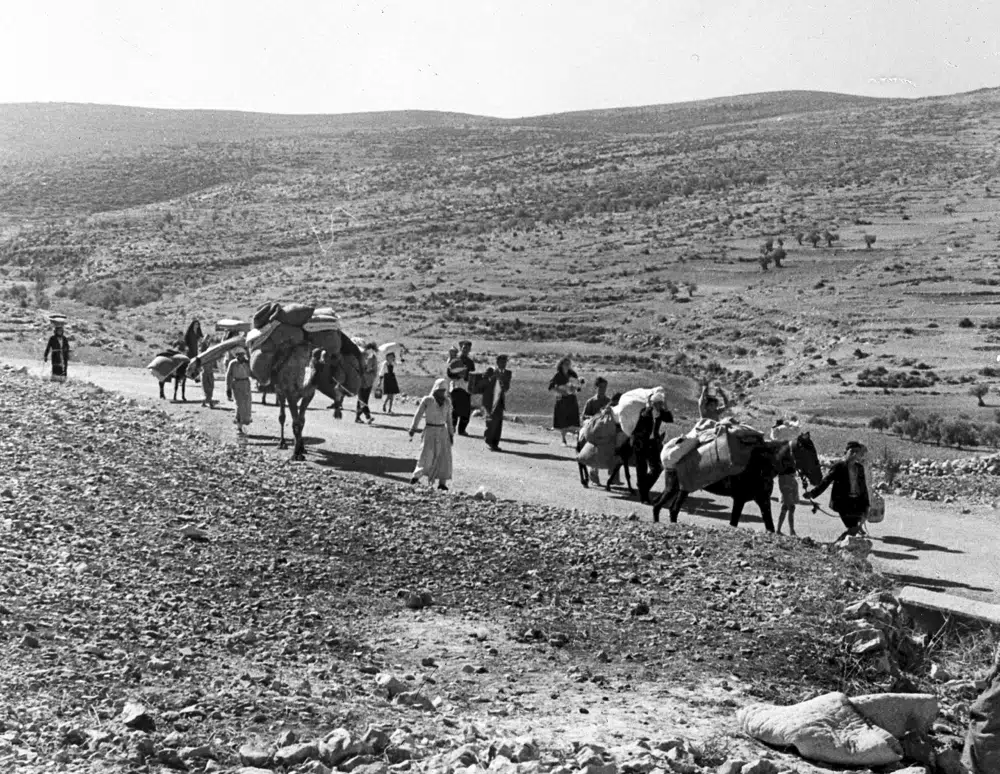
The Nakba commemoration would reflect on the 700,000 Palestinians, who fled their homes in 1948. The destiny of these refugees and their descendants, estimated around 5 million in the Middle East, remains an important cause of the Arab-Israeli war. Israel has always opposed to calls for mass return of Palestinian refugees to their long-lost homes, claiming, it threatens the country’s Jewish identity.
Palestinians have proceeded carefully at the United Nations since the General Assembly changed their status from non-member observer to non-member observer state in 2012, Mansour said. Recognition as a state, would enabled Palestine to join treaties, and summon Israel to the International Criminal Court and the International Court of Justice, for occupying the West Bank.
The anniversary of the Nakba comes as Israeli-Palestinian conflict has escalated, and protests against Prime Minister Benjamin Netanyahu’s right-wing government, and its proposal to restructure Israel’s judiciary, show no signs of abating. The division among Israelis, as well as the hardline attitudes of the Netanyahu administration, have generated a global concern.
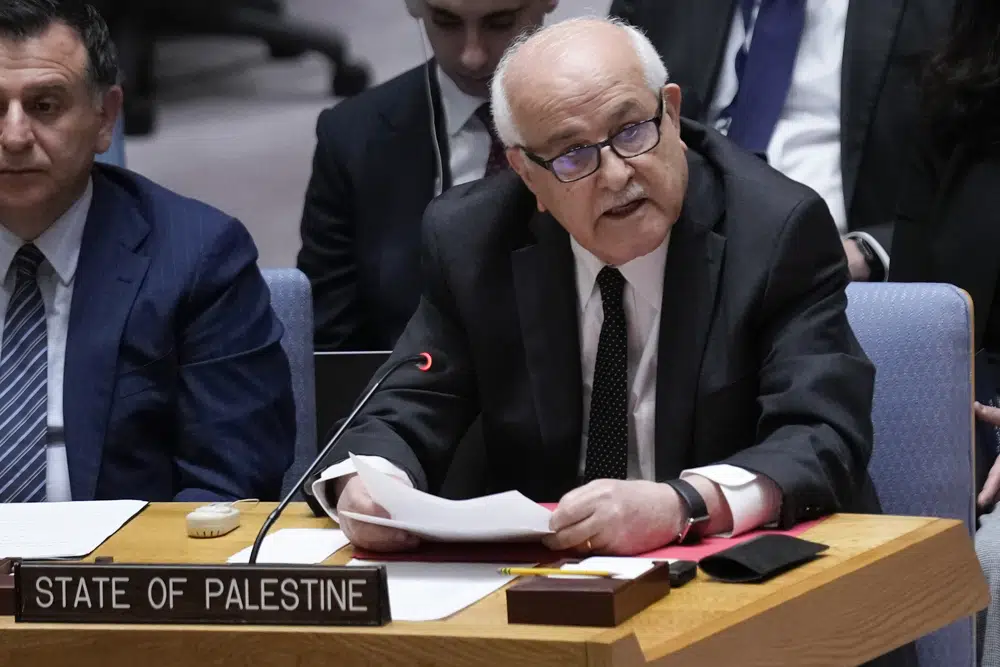
Palestinian refugees “are being forcibly removed from their homes and forcibly transferred by Israel at an unprecedented rate,” Mansour averred.
The Palestinian Foreign Minister Riyad Malki said “it is time to bring the Nakba to an end,” stressing that the Palestinians have endured a lasting refugee crisis in the world and “the longest occupation of an entire territory in modern history.” Malki made these comments, when he addressed the UN Security Council last April.
Malki also criticized the United Nations and its entire organizations, for passing resolutions that made demands, but were never implemented. He averred, that if the world community had made Israel’s occupation costly, “I can assure you that it will come to an end.”
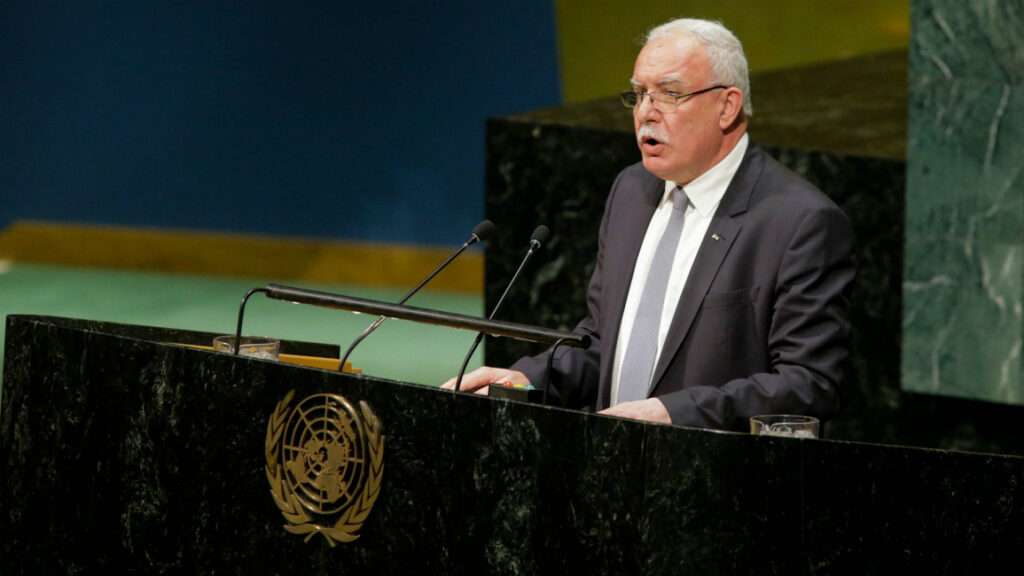
Malki reaffirmed his plea for countries to acknowledge Palestine’s sovereignty, “as a means to salvage the moribund two-state solution.” He also appealed countries to endorse Palestine pursuit for full UN membership, which would reflect global backing for a two-state solution, in which Israelis and Palestinians would live peacefully.

